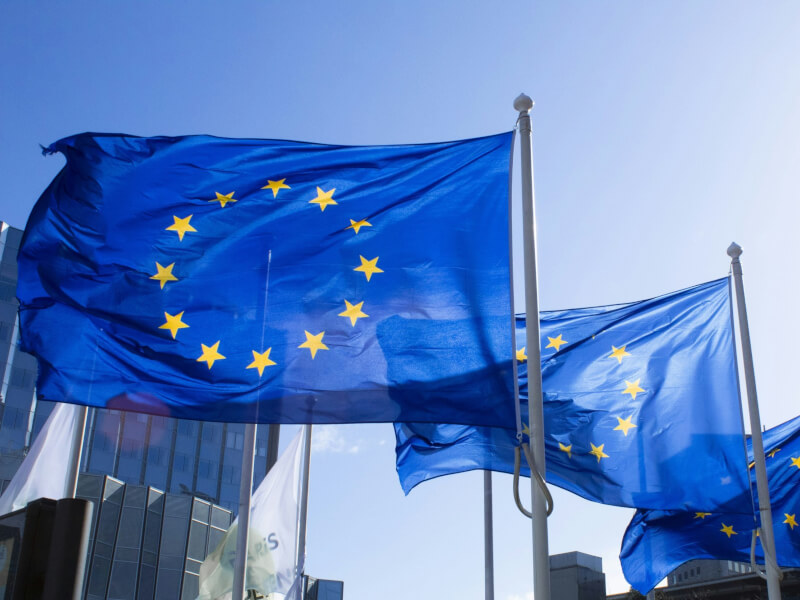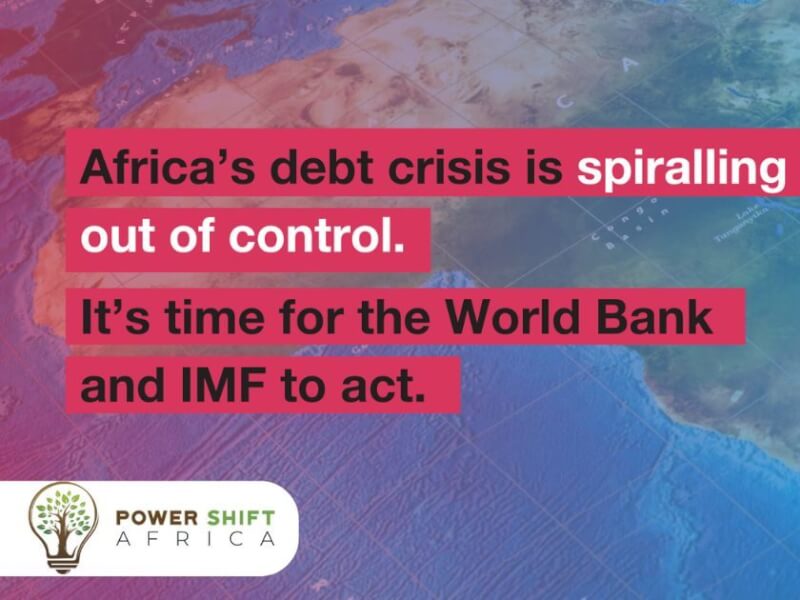A consortium of seven civil society organizations—CARE, the Club of Rome, C40, EAT, GAIN, ICCCAD and WWF have formed TURFS to harness the power of cities in shaping urban-rural food systems.
The consortium aims to transform food systems at both local and global levels, focusing on climate, nutrition, livelihoods, biodiversity, and environmental goals. The organisations that are part of the consortium have a presence in more than 100 countries, bringing a wealth of expertise and an extensive network of diverse stakeholders.
Cities hold the key to food systems transformation. Already more than half the world lives in cities, and by 2050, 70% of the global population will. Cities are uniquely positioned to chart the future of food systems in a meaningful way and deliver systemic solutions that improve people’s quality of life, health of the planet and economic prosperity.
By collaborating with cities and their adjoining rural landscapes, the consortium will share, scale, and implement the best practices and ground-breaking solutions to reshape food systems at local, national, and international scales.
TURFS aims to support cities to:
- Ensure that their decision-making processes are based on the best available evidence, anchored in science-based targets;
- Create an enabling environment for regenerative food production and consumption;
- Increase public support and engagement for food system transformation, through broad campaigns and targeted engagement to improve consumption of healthy and sustainable foods;
- Support businesses to commit the resources needed to deliver efforts towards healthier and more sustainable consumption patterns, including food loss and waste reduction;
- Ensure food security in case of disaster through robust early warning and comprehensive risk management mechanisms;
- Lead other cities in their country and influence national governments and international bodies to pursue a healthy, sustainable and just food systems transformation at scale.
With a grant from the Laudes Foundation, TURFS has developed a strategic plan to support cities in transforming urban-rural food systems. TURFS presents a dynamic and multifaceted approach to usher in a new era of local and global food system transformation. TURFS will provide a scalable model that can be implemented and amplified between cities, through networks and sharing platforms, and for uptake by national governments.
OUR ENGAGEMENTS
TURFS at UNFSS+2:
TURFS Consortium co-led the special event entitled “Leveraging Urbanisation for Food Systems Transformation” event with FAO and the Sustainable Urban Food Systems Coalition during the UN Food Systems Summit Stocktaking moment. The event convened TURFS principal – Joao Campari (Global Leader of Food Practice, WWF), along with mayors, ministers, and academicians to heighten awareness, advocate and learn about cities and how working towards shared food systems goals with countries. Learn more about the event here.

TURFS event on Sustainable Consumption, Healthy Affordable Food for All and Reducing Food Loss and Waste:
Shifting consumption and reducing food loss & waste (FLW) are critical action areas for both the climate and the goal of affordable, healthy, sustainable food for all. Together with the COP28 Presidency and High Level Climate Champions, TURFS Consortium will be organising an event on Sustainable Consumption, Healthy Affordable Food for All and Reducing Food Loss and Waste on December 10. Learn more here.
PARTNER ORGANISATIONS
- CARE (gender, livelihoods, capacity building): Throughout its 75-year history, CARE has put women and girls at the center of its efforts to ensure women smallholder farmers have access to markets, realise productive and profitable livelihoods and have access to nutritious food.
- The Club of Rome (systems and new economic thinking): The Club of Rome identifies holistic and systemic solutions to complex global issues and promotes policy initiatives and action to enable humanity to emerge from planetary emergencies including those linked to the food system.
- C40 (city engagement, climate): C40 is a network of mayors of nearly 100 world-leading cities collaborating to deliver the urgent action needed right now to confront the climate crisis.
- EAT (healthy diets from sustainable and just food systems): EAT is a global, non-profit organisation dedicated to transforming food systems through interdisciplinary science, action-focused and collaborative partnerships.
- GAIN (connecting food systems and nutrition, connecting public and private sectors): GAIN drives policy-supported initiatives in 11 countries to boost safe, nutritious food consumption, especially for the vulnerable, across diverse food systems.
- ICCCAD (climate/policy): The International Centre for Climate Change and Development (ICCCAD) is a premier Bangladeshi organisation focused on climate research and capacity building, striving to enhance adaptation knowledge for the global south.
- WWF (climate, biodiversity, environment): WWF is one of the world’s largest science-based environmental organisations – its food systems practice aligns human and environmental health, particularly by deploying integrated initiatives on nature-positive and climate-neutral food production, food loss and waste, and sustainable diets.
- Meridian Institute (Secretariat): For over two decades, the nonprofit Meridian Institute has innovatively addressed complex global and local issues by blending a deep understanding of the subject and its dynamics with an expert team, fostering positive dialogues and actions.

For more information contact:
Mimansha Joshi
TURFS Consortium Coordinator
E: mimansha@eatforum.org











